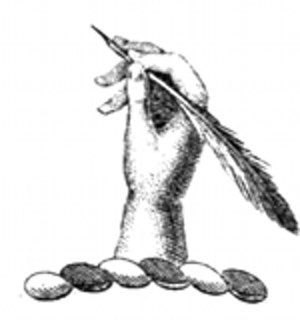Every two weeks we publish a new long-form essay offering insight and reflection upon the oft overlooked histories which surround public domain works. Our contributors range from award-winning authors such as Philip Pullman and Marina Warner to PhD students sharing unusual finds.
If you’d like to submit then please visit our submissions page.
We’d love to hear from you.

















